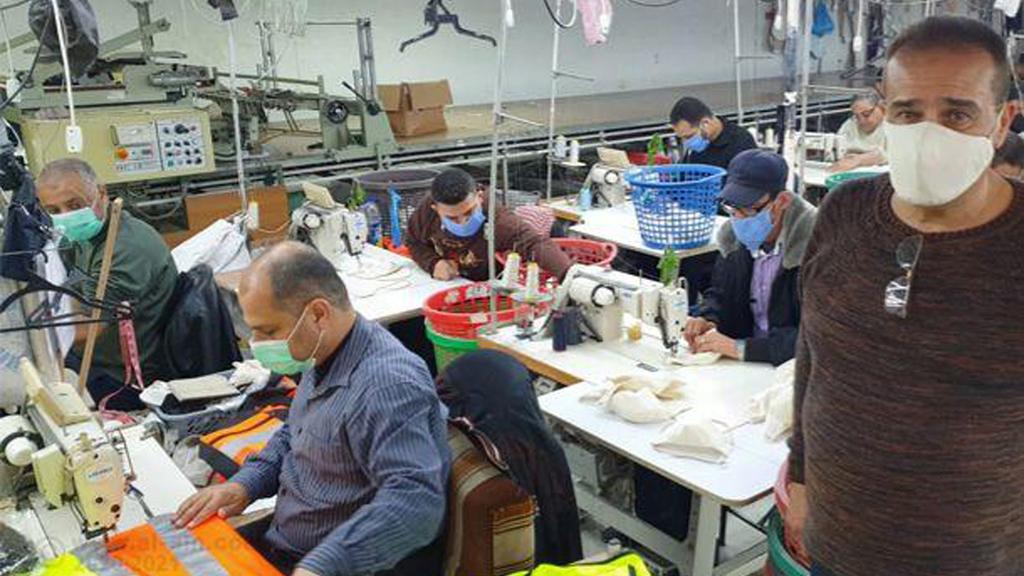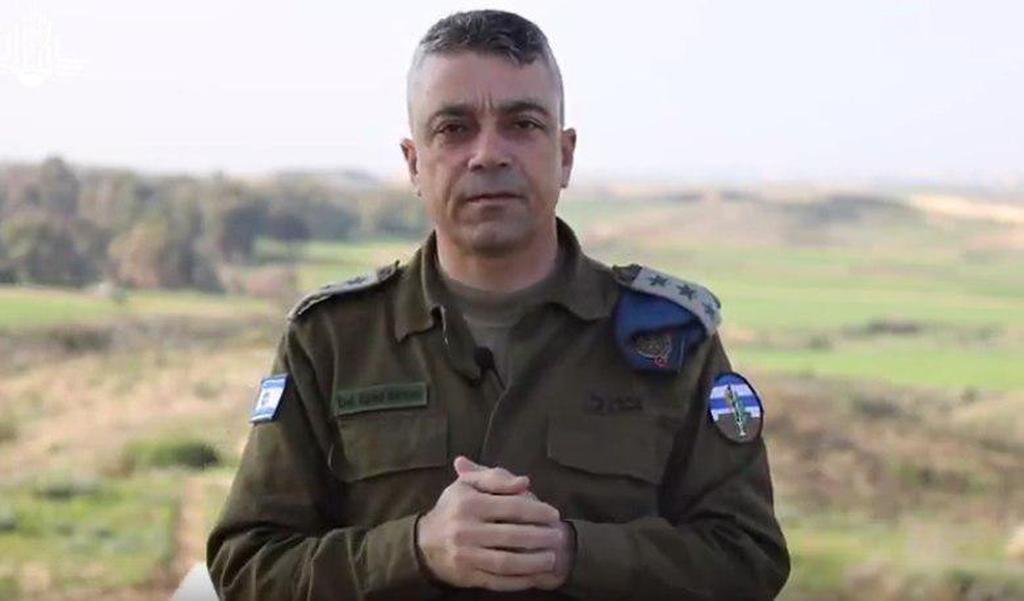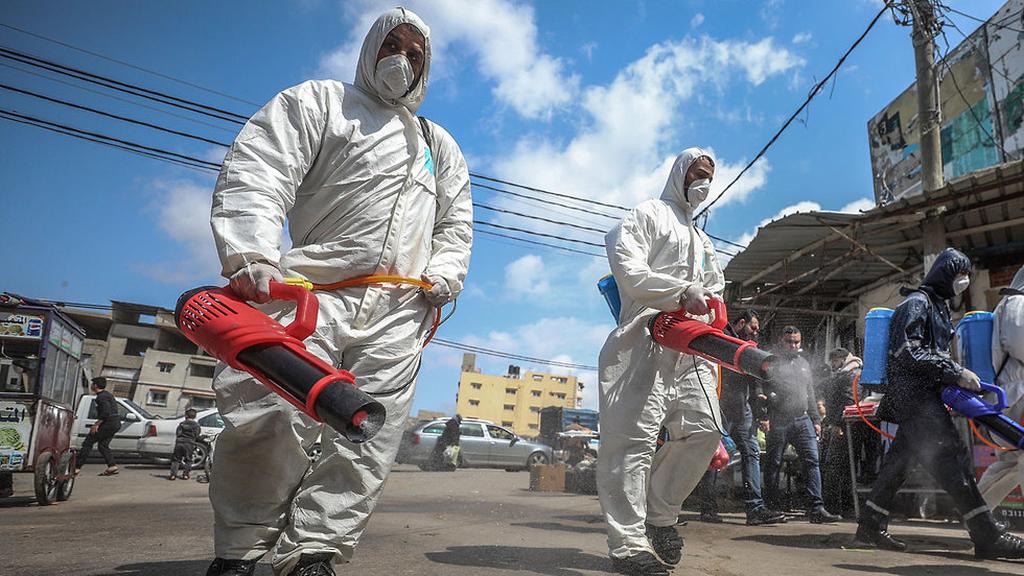Getting your Trinity Audio player ready...
It might sound absurd, but it seems the security lockdown enforced in Gaza has helped bolster the overall health of the Strip.
Infection rates within the Strip remain low, and so the biggest worry hanging over the heads of Gaza’s citizens is not the lack of ventilators, but an economic catastrophe - an event which the closure will in no way stop.
The IDF is currently keeping a close eye on the happenings in the Strip, especially as Friday marks the start of the month-long Muslim festival of Ramadan, a period of fasting, prayer, reflection and community.
“If the people and Gaza act as the Israelis did during Passover, they have a great chance of beating this crisis,” says Col. Iyad Sarhan, the head of Israel's Coordination and Liaison Administration for Gaza.
“If it they don’t, there is a good chance an outbreak will occur due to how crowded Gaza is,” adds Sarhan.
“Those suffering medical issues receive permission not to fast,” he says. “One advantage that the Strip has is that 80% of the population is no older than 40, meaning most are not at risk from the coronavirus.”
As far as Israel knows, there have been approximately 15 confirmed cases of the coronavirus within the Strip, nine of them have already recovered - and while Gaza has no more than 96 ventilators, most of them remain free.
“This is encouraging news,” says Sarhan. “But everything is still up in the air and could change any second. As of right now Hamas is in control of the Strip, meaning discipline there is high.”
According to Sarhan, anyone who enters Gaza at the moment is sent into isolation for a period of two weeks.
"There are 30 isolation facilities in the Strip, some have been specially created while others are in hotels and schools.”
Sarhan adds that the people permitted to leave Gaza are those who require life-saving treatment in Israel.
“Mosques have been closed and there are no mass prayers. They pray using Zoom.”
Israel is also taking steps to limit contamination in Gaza, with any goods entering the Strip first going through sterilization.
Apparently the biggest blow the virus has inflicted on Gaza is an economic one, as 80,000 Gazans have become unemployed since the start of the outbreak, bringing the Strip's jobless rate to 50%.
“The economic crisis stemming from the coronavirus has hit all of Gaza’s industries: Factories, banks, food, construction, agriculture, textile, wood and furnishing,” says Sarhan.
“We are doing everything in our power to provide humanitarian aid. The sewing workshops, for example, have started sewing protective gear instead of clothes. They make masks bearing the Israeli flag, protective suits and gloves and then send it to Israel, the West Bank and abroad.”
According to Sarhan, Israel has purchased approximately 1 million masks from Gazan workshops and more than 20,000 protective suits.




